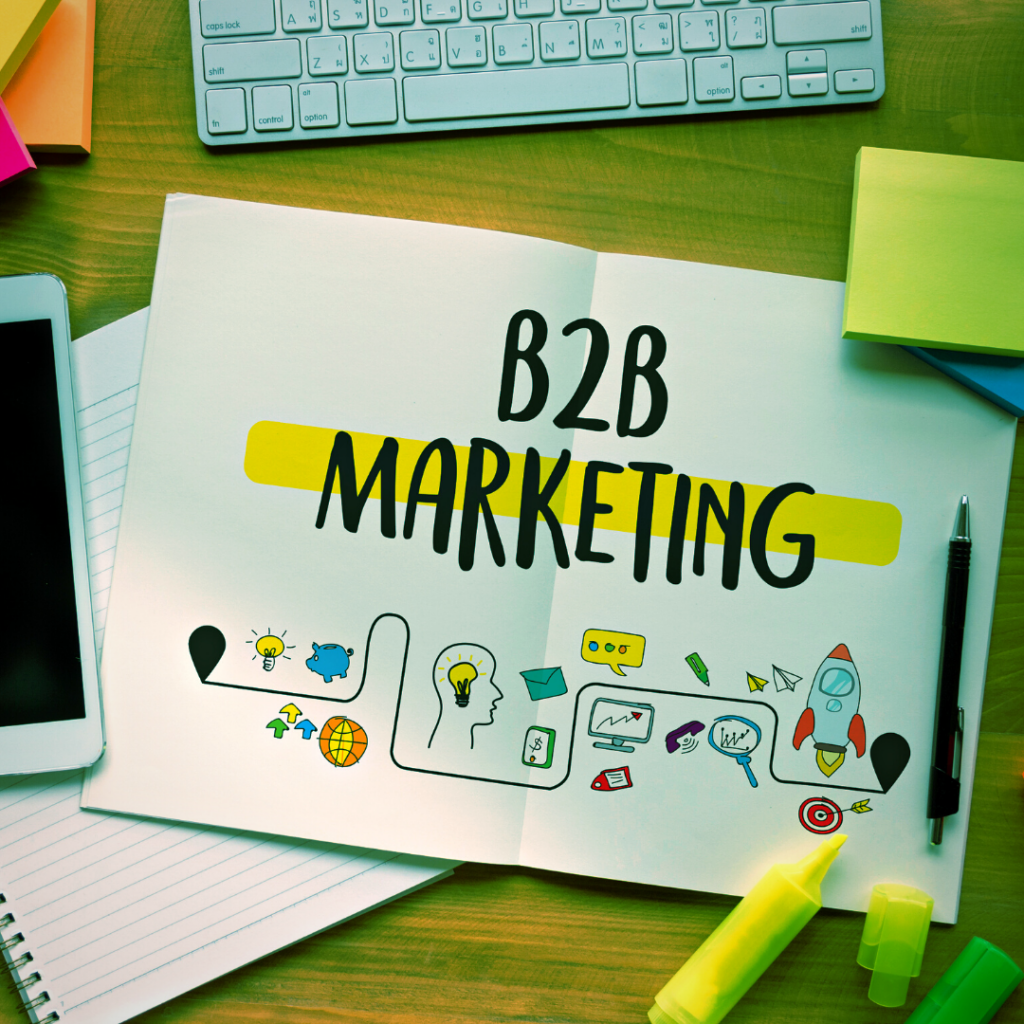General Business Strategy
Why B2B Companies Must Invest In Brand Too
When people think “brand” they often think “logo”. The golden arches of McDonald’s, the Nike Swoosh – those iconic symbols that instantly call a company to mind.
But a logo, name, symbol or design is merely the tip of the brand iceberg.
Let’s take a look at what brand is, why B2B buyers care about it, and how investing in a strong brand can become a source of value and help you convert prospects into customers.
What is a brand?
A brand, according to author and speaker Marty Neumeier, is “a person’s gut feeling about a product, service, or organisation.” It is a reason to choose one product or service over another. It encompasses everything a prospect thinks when they hear your name – both factual and emotional.
We can all think of famous examples. The name Coca-Cola brings to mind a sweetened, carbonated beverage (factual) and the energetic happiness of fun gatherings (emotional). Mercedes-Benz brings to mind expensive vehicles (factual) and the sense of prestige and exclusivity (emotional).
These companies have gone to enormous effort and expense to create, curate and reinforce a set of expectations, memories, stories and relationships that – combined with consistently presented images, tone of voice, colours, designs and so on – account for a consumer’s decision to buy from them again and again.
A strong B2B brand tells a story. It uses multiple channels to deliver a clear brand message, provide credibility, connect with customers emotionally, motivate the buyer, and create user loyalty.
What do you want people to think about your company? What values do you want to represent? What story do you want to tell? What’s your brand’s personality? Clearly articulate these things, and you’re on your way to establishing your brand.
But do B2B buyers really care about brand?
Unless you’re living in a world where B2B business is conducted in a vacuum devoid of human instinct and emotion, then absolutely – B2B buyers do respond to brand.
Contrary to the dark-suited, coldly rational, fact-driven business deals that we might like to imagine, B2B buying and selling is conducted by real people who listen to their gut instincts! It’s not services, prices, or processes that stick in their memory – it’s brand.
Of course their decision to buy from you is informed by their knowledge of who you are, what your company does, what your product is, who your customers are, your company’s record, and your company’s reputation.
The impression they have about each of those topics will certainly be influence by your brand marketing.
And when there are multiple similar options on the table (as there nearly always are), B2B buyers will select a brand that they like. One that resonates with them, and they feel comfortable with professionally, socially and emotionally.
Is it worth investing time and resources on storytelling?
Since 86% of B2B buyers report seeing little difference between suppliers, their choices will favour anything that makes decision making easier.
When the features, functions and business outcomes of your product or service are the same as your competitors, brand can be the key differentiator that converts a prospect into your customer and not someone else’s.
In fact, research found that in B2B sales, pushing “features, functions and business outcome” delivers a 21% lift in perceived brand benefits, whereas marketing “professional, social and emotional benefits” gives a significantly more valuable 42% lift.
Investing in brand is investing in the key source of value in business, especially a service business where tangible assets are negligible. Strong brands can charge a premium – one need only look to the different in price point between an Apple or Samsung mobile device and the rest of the market. Or designer jeans that functionally do exactly the same thing as a no-name pair but charges five times the price.
Any business with a strong brand is more resilient and will have a higher valuation than one without – service businesses particularly.
And let’s not forget, brand helps to attract, motivate and retain staff, engaging them with your company’s values and direction, ensuring they all ‘sing from the same song-sheet’.
Beyond the logo
Brand goes far beyond the logo. A logo is simply a mnemonic, designed for quick recognition, but it doesn’t position your product or service in the market, display the breadth of your company’s personality, convey your company’s worldview or indicate the values that your company runs by.
It doesn’t account for people’s “gut feeling” about your product, service, or organisation.
Apple co-founder Steve Jobs said: “It’s a complicated and noisy world, and we’re not going to get a chance to get people to remember much about us… So we have to be really clear about what we want them to know about us.”
Investing in brand means every member of your team can tell your B2B buyers exactly what you want them to know about you.
And they’ll care, because they’re people too.





